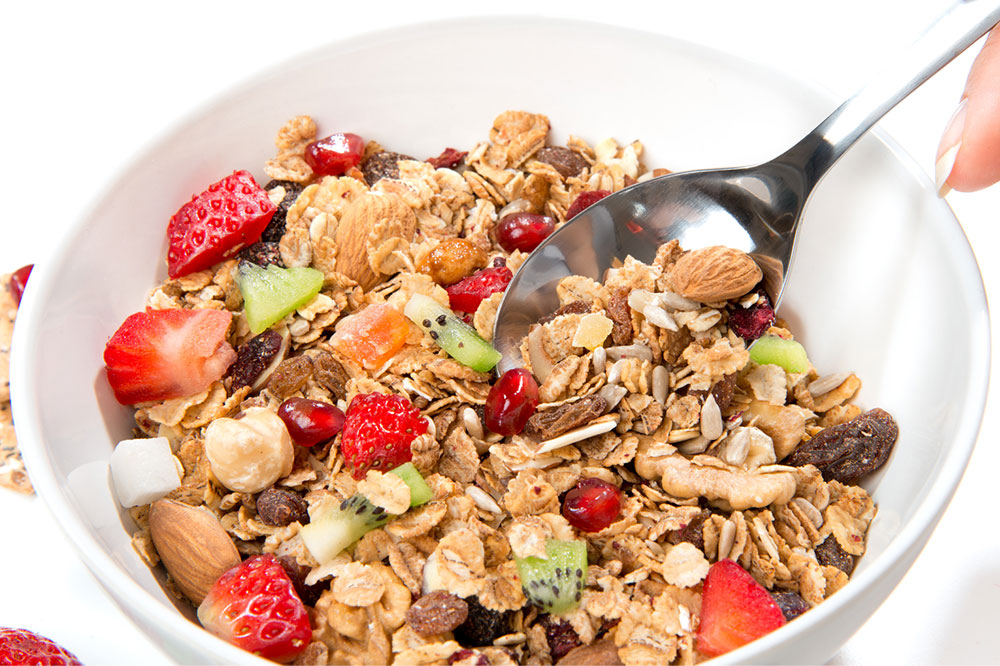Nutritional Strategies for Managing Schizophrenia: Foods to Embrace and Avoid
This article explores dietary approaches for managing schizophrenia, highlighting foods to include like omega-3s, antioxidants, and vitamins, while avoiding sugar, gluten, and high carbs. Proper nutrition can support mental health alongside medical treatment, emphasizing a balanced and mindful diet for better symptom management.

Optimizing Diet for Schizophrenia: Key Foods to Incorporate and Avoid
Schizophrenia is a complex mental health condition characterized by hallucinations, delusions, social difficulties, and cognitive challenges. While medication and therapy are primary treatments, diet plays a vital role in supporting mental and physical well-being. Certain foods may worsen symptoms, whereas a balanced diet rich in specific nutrients can offer additional benefits. Understanding what to include and exclude from your diet can help manage the condition more effectively.
Foods to Limit or Avoid
Refined Sugar
Maintaining stable blood sugar levels is crucial. Consuming excess sugar or sugary foods can negatively impact both physical and mental health, potentially aggravating schizophrenia symptoms.
High Carbohydrate Foods
Dietary carbs that spike blood sugar should be limited. Opt for low-carb options to help regulate blood sugar and support weight management, which is beneficial for mental health stability.
Gluten-containing Grains
Many individuals with schizophrenia may be sensitive to gluten — found in wheat, barley, and rye. Eliminating gluten can reduce symptom severity for some patients, based on emerging research.
Energizing and Supportive Foods
Omega-3 Fatty Acids
Essential for brain health, omega-3s are abundant in fatty fish such as salmon, mackerel, sardines, and tuna. Supplements like fish oil capsules are also beneficial. Nuts and seeds, including flaxseed and pumpkin seeds, are additional sources.
Antioxidants
These compounds combat oxidative stress and support mental clarity. Rich sources include fruits, vegetables, berries, beans, nuts, lean meats, onions, red wine, and green tea.
Dietary Fiber
Fiber-rich foods help stabilize blood sugar levels and promote healthy weight management. Include whole grains, fruits, vegetables, potatoes with skin, pulses, and nuts in your diet.
Niacin
This vitamin may alleviate symptoms. Foods like liver, chicken breast, salmon, turkey, ground beef, brown rice, avocado, and whole wheat provide ample niacin.
Zinc
Important for brain function, zinc-rich foods such as shellfish, dairy, legumes, and beef can help reduce symptom severity.
Vitamin B12
Vital for neurological health, sources include clams, trout, fortified cereals, and eggs.
Note: While diet can support management, it should complement prescribed treatments. Consult healthcare providers for personalized advice. Our content offers general guidance and should not replace professional medical consultation.









